
The Roaring Nineties
A New History of the World's Most Prosperous Decade
Read or listen offline
Amazon KindleRecommendation
Only a Nobel Prize-winning economist could disguise a political broadside against conservatives and the George W. Bush administration inside a Trojan horse mea culpa of the Bill Clinton White House. No one could argue with Joseph Stiglitz’s assertion that an effective modern economy must strike a reasonable balance between free markets and government oversight – but what is reasonable? Stiglitz regrets what is arguably the shining achievement of the Clinton Administration, namely, its success in balancing the U.S. budget. Credit him for consistency: he opposed Clinton’s tax cut, just as he opposed George W. Bush’s. Stiglitz’s academic and professional chops are beyond question, and his insights into corporate welfare and inefficient markets are quite valuable, if somewhat short of profound.
Summary
About the Author
Winner of the 2001 Nobel Prize in Economics, Joseph E. Stiglitz wrote the international bestseller Globalization and its Discontents. From 1993 to 1997, he was a member and then the chairman of the Council of Economic Advisers. From 1997 to 2000, he was senior vice president and chief economist of the World Bank.








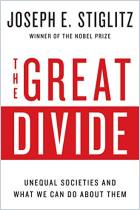
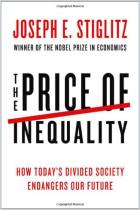
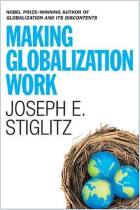
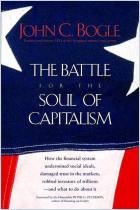
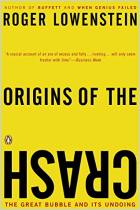
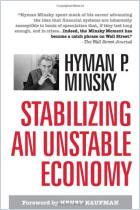
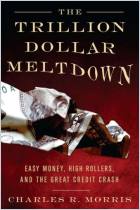
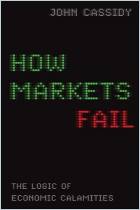
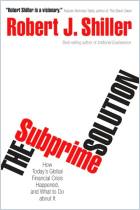


Comment on this summary or Démarrer une discussion